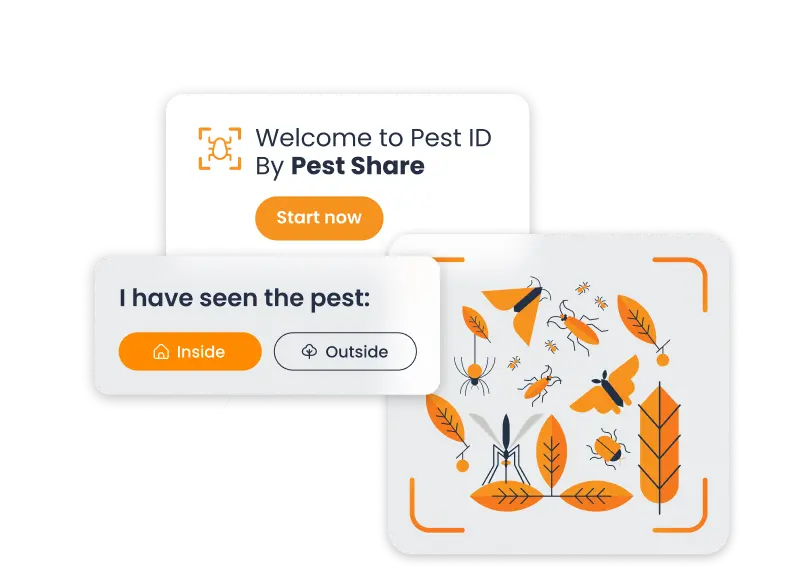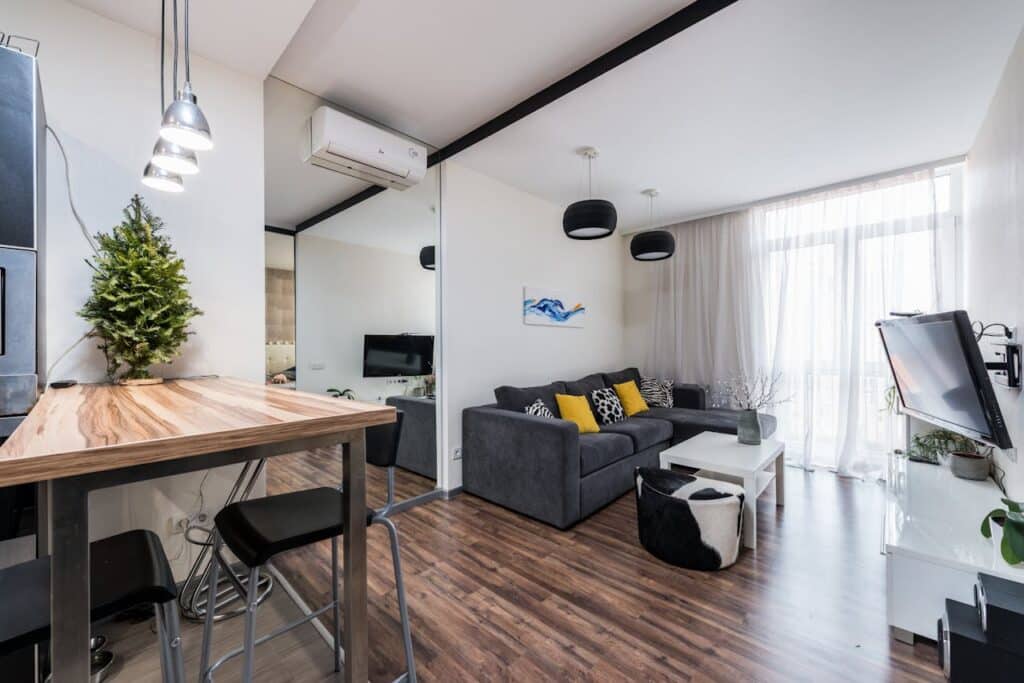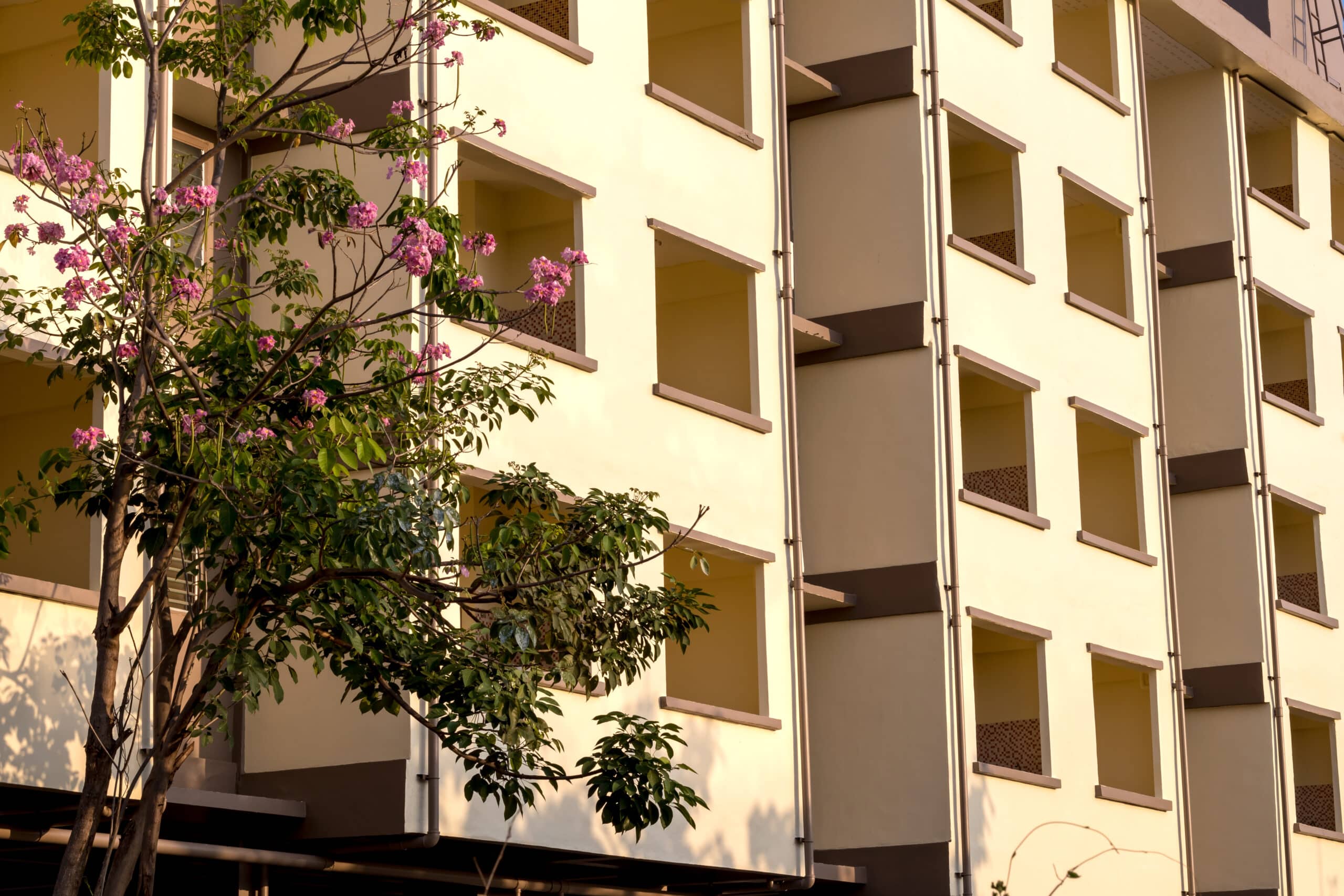Waking up to the sight of pests in your apartment complex can be a property manager’s worst nightmare. Not only do these unwelcome guests pose health risks, but they can also tarnish the reputation of your property, leading to unhappy tenants and potential financial losses. A robust pest control strategy is crucial for maintaining a healthy, appealing living environment that attracts and retains residents. This guide delves into the intricacies of pest control in apartments, outlining the process, effectiveness, and best practices to ensure your property remains pest-free.
Understanding Pest Control in Apartment Complexes
Pest control in apartment settings involves a series of actions aimed at preventing, managing, and eradicating pests. Unlike standalone homes, apartments present unique challenges due to their close quarters and shared spaces, making the spread of pests from one unit to another a common issue. Effective pest control thus requires a multifaceted approach, combining preventive measures with targeted treatments.

Ensure Pest-Free Living for Residents
The process typically involves regular inspections, timely interventions, and ongoing education for residents about how to minimise pest attractants. Understanding the balance between preventive and reactive measures is key to a successful pest management strategy in these environments.
How Does Pest Control Work in Apartments?
The pest control process in apartment complexes starts with a thorough assessment to identify the types and extents of infestations. This step is critical for devising an effective treatment plan that addresses specific pest problems while considering the safety and convenience of residents. Professional pest control services often employ a variety of methods, from chemical treatments to mechanical traps and biological controls, depending on the pest issue at hand. These professionals also advise on long-term prevention strategies, including sealing entry points and reducing habitats that attract pests. DIY methods, while sometimes effective for minor issues, often fall short in addressing the root causes of infestations, underscoring the value of professional interventions.
Common Pest Problems in Apartments

Apartments can harbour a wide range of pests, from bedbugs and roaches to rodents and ants. These pests not only pose health risks but also contribute to discomfort and dissatisfaction among tenants. Bedbugs, for instance, are notorious for spreading quickly between units, making them particularly challenging to control in multi-family dwellings. Roaches, attracted to food and moisture, can proliferate in kitchens and bathrooms, while rodents often seek shelter in walls and other hidden areas. The factors contributing to these infestations include food remnants, improper waste management, and structural vulnerabilities that provide easy access for pests. Recognizing these common pest problems and their root causes is the first step towards implementing effective control measures.
How Often Should Pest Control Be Done in an Apartment
The frequency of pest control treatments in an apartment complex is determined by several factors, including the severity of existing infestations, the types of pests present, and the specific needs of the property. As a general rule, routine preventive treatments are recommended at least quarterly to prevent the establishment and spread of pests. However, in areas with high pest pressure or during peak infestation seasons, more frequent interventions may be necessary. Tailoring the pest control schedule to the unique conditions of your property ensures that infestations are managed effectively while minimising disruption to tenants. Regular monitoring and feedback from residents can also help adjust the frequency of treatments to better meet the needs of the community.
How Long Does It Take for Pest Control to Work?
After a professional pest control treatment, property managers and tenants alike are eager to see results. The time it takes for pest control to work can vary significantly based on the type of pests, the severity of the infestation, and the methods used for treatment. Generally, residents may begin to notice a reduction in pest activity within a few days to a week for common insects like roaches and ants. However, more entrenched problems, such as bed bug or rodent infestations, may require multiple treatments over weeks or even months to fully eradicate. It’s crucial to set realistic expectations and communicate these timelines to residents to ensure their patience and cooperation throughout the treatment process. Additionally, some treatments may cause a temporary increase in pest activity as pests are driven out of their hiding places, a phenomenon that should be explained to residents beforehand to alleviate concerns.
Preventive Pest Control Strategies for Apartment Complexes
Preventive measures form the cornerstone of an integrated pest management (IPM) approach in apartment complexes. These strategies are designed to deter pests from entering the property and establishing colonies. Regular maintenance checks to seal cracks and gaps in the building’s exterior prevent pests from gaining entry. Proper waste management, including secure trash storage and frequent disposal, minimises attractants that could lure pests onto the property. Landscaping practices, such as maintaining a buffer zone free of dense vegetation near the building, can also deter pests. Educating residents on best practices, such as storing food in sealed containers and reporting leaks promptly, plays a pivotal role in prevention. By implementing these preventive strategies, property managers can significantly reduce the likelihood of infestations, making reactive treatments less frequent and more targeted.
Pest Control Tips for Apartments
While professional pest control services are essential, residents have a crucial role to play in maintaining a pest-free environment. Simple pest control tips can make a significant difference in preventing infestations. Encouraging residents to keep their living spaces clean and clutter-free reduces hiding places for pests. Promptly addressing food spills and storing food properly can significantly decrease attractants. Advising on the importance of not leaving standing water in sinks, trays, or plant pots helps prevent breeding grounds for mosquitoes. Property managers should distribute these tips through welcome packets, newsletters, or community meetings, fostering a culture of proactive pest prevention. Collaboration between property management and residents ensures that pest control efforts are comprehensive and effective.
The Role of Property Managers in Pest Control
Property managers act as the linchpin in the pest control process within apartment complexes. Their responsibilities extend beyond coordinating treatment schedules with pest control professionals. They must also maintain open lines of communication with residents, providing clear instructions on how to prepare for treatments and what to expect afterward. Property managers are tasked with educating the community on preventive practices and the importance of timely reporting of pest sightings. Effective communication strategies, such as regular updates and easy reporting mechanisms, ensure residents are informed and engaged in pest control efforts. By fostering a collaborative environment, property managers can enhance the efficacy of pest control measures, contributing to the overall well-being and satisfaction of the apartment community.
Selecting a Pest Control Service for Your Apartment Complex
Selecting the right pest control service for your apartment complex requires due diligence and an understanding of what makes a provider reliable and effective. Consider factors such as the company’s reputation, the range and safety of the methods they employ, their experience with apartment complexes specifically, and their willingness to work within your property management guidelines. Regular inspections and treatments are fundamental to a comprehensive pest management plan, emphasising the need for a pest control provider that offers consistent, quality service. Establishing a schedule that aligns with the needs of your property and ensuring the provider is capable of addressing a broad spectrum of pest issues are essential steps in maintaining a pest-free environment.
After Pest Control: Steps to Ensure Effectiveness
Maximising the effectiveness of pest control measures doesn’t end with the treatment itself. Post-treatment practices are crucial in extending the benefits of professional pest control services. Encouraging residents to keep their units clean and free of food debris can prevent reinfestation. Regular maintenance to seal up entry points and fix moisture issues will also deter pests from returning. Property managers should institute a system for tracking pest complaints and sightings post-treatment, allowing for timely interventions if necessary. This ongoing vigilance ensures that pest control efforts are not only effective in the short term but also contribute to the long-term well-being of the apartment community.
Effective pest control in apartments is a critical component of property management, essential for ensuring resident satisfaction and maintaining the integrity of your property. By understanding how pest control works, implementing preventive measures, and engaging both professionals and residents in the process, property managers can create a living environment that is both comfortable and pest-free. Remember, the key to successful pest control lies in the collaboration between property managers, pest control professionals, and the residents themselves. Ready to enhance your property’s pest management strategy? Take the first step today and commit to making your apartments a bug-free zone.





